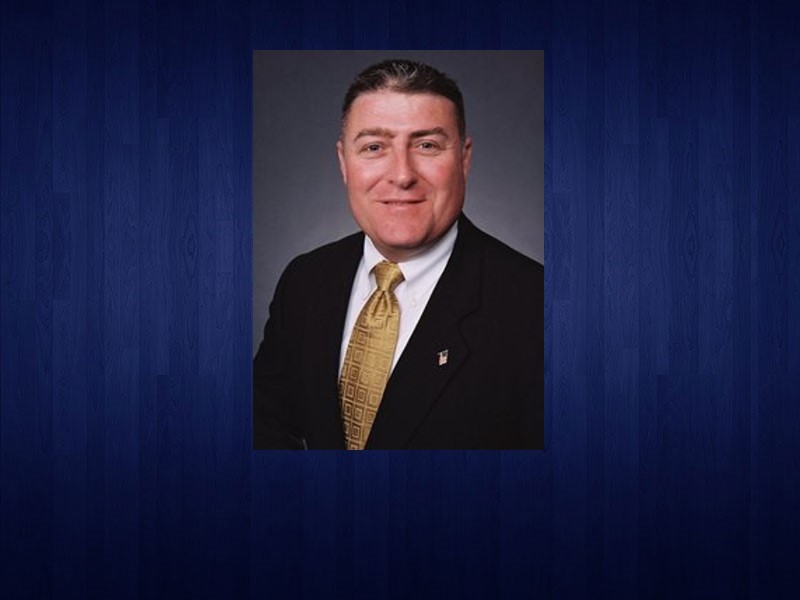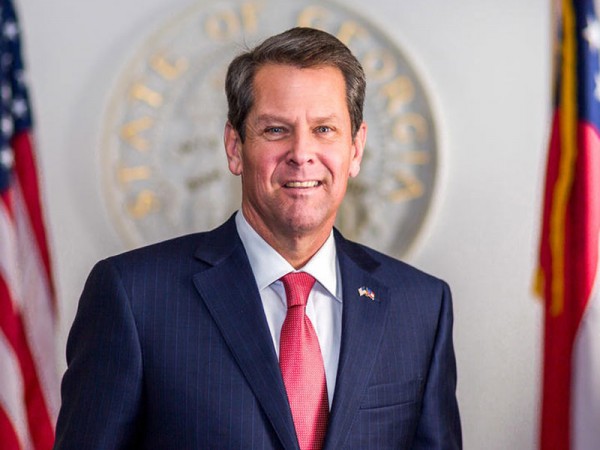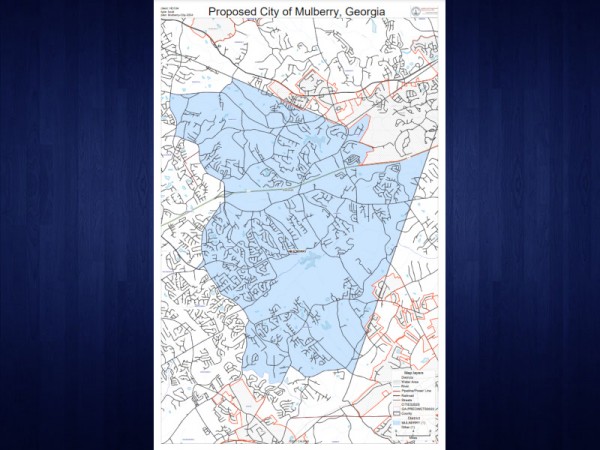Listen to the complete interview with Insurance Commissioner John King by clicking the player to the left.
As poultry processing plants ramp up safety initiatives to fight the coronavirus, employees at those facilities should be able to take home best practices learned on the job to help prevent the virus’s spread at home.
That’s the opinion of Georgia Insurance Commissioner John King, who has been asked by Gov. Brian Kemp to lead an initiative to help educate members of the Hispanic community about how to protect themselves from COVID-19. About half the confirmed cases in Hall County are Hispanic residents.
King and Gary Black, the state’s agriculture commissioner, toured a Hall County poultry plant Monday and talked with officials and workers about the pandemic.
“How do we provide accurate information not only to the community but then taking those lessons learned and what they are doing at work and how do we carry that to their homes, to their churches, to their family gatherings,” King said during an appearance Wednesday on WDUN’s “Morning Talk with Martha Zoller.
In a full-page ad that ran Sunday in the New York Times and other publications, the chairman of Tyson Foods warned that the coronavirus pandemic is threatening the country’s food chain. John H. Tyson warned that, at least for a short time, millions of pounds of beef, pork and chicken will disappear from grocery-store shelves.
In his WDUN interview, King said he considered poultry employees to be essential workers, and he compared the role they are playing during this crisis with the work being done by health care providers.
“People always highlight the great work -- and I don’t want to minimize the great work -- medical professional are doing on the front lines,” King said. “But another front line is the people out there putting food on our tables. It is an incredible, courageous group of people, not only business owners, but those employees going in there working in those plants producing that food we need to survive as a nation and to survive as a state.”
King offered praise for the plant he toured, saying it put safety procedures in place that “went above and beyond” those issued by the Centers for Disease Control and Prevention. He said the company enacted the procedures after conversations between management and employees. He did not name the company who owned the plant.
“I was very impressed with the operation of the company went to,” he said. “Very well structured, safe environment. You don’t go into that plant unless your temperature is checked and you answer a number of questions. And then they provide you with PPE, personal protective equipment, before you could even enter the plant.”
King, who speaks Spanish, said he talked to both plant officials and employees about the coronavirus, and he said he understand the need to increase education among Hispanics about how to avoid catching the virus.
“The conversation was how do you take what your and doing in the workplace and how do you take it home,” he said. “How do you describe what you are doing at work, the precautions you are taking a work and how do we communicate that to the rest of the family, folks who might not be working in this industry.”
King said Kemp has done a good job of managing the crisis, especially in getting National Guard members involved in helping deep clean nursing homes and other elder-care facilities.
“People are copying Georgia and what we’re doing,” he said. “You hear all of the criticism. but you also hear they are looking at Georgia. How do we use infection control teams? How did we get them in nursing homes and deep cleans those laces to make sure we crate the safe space for families to visit their loved ones?”















